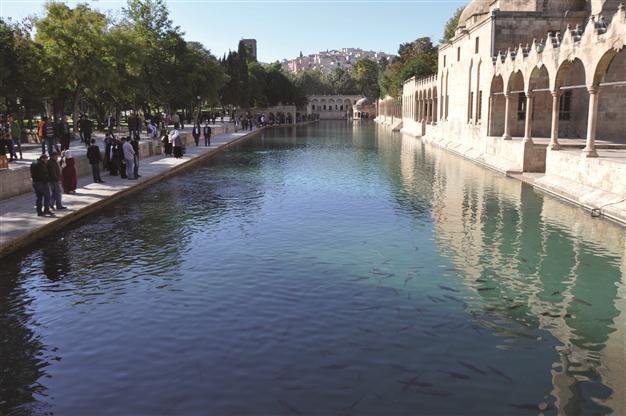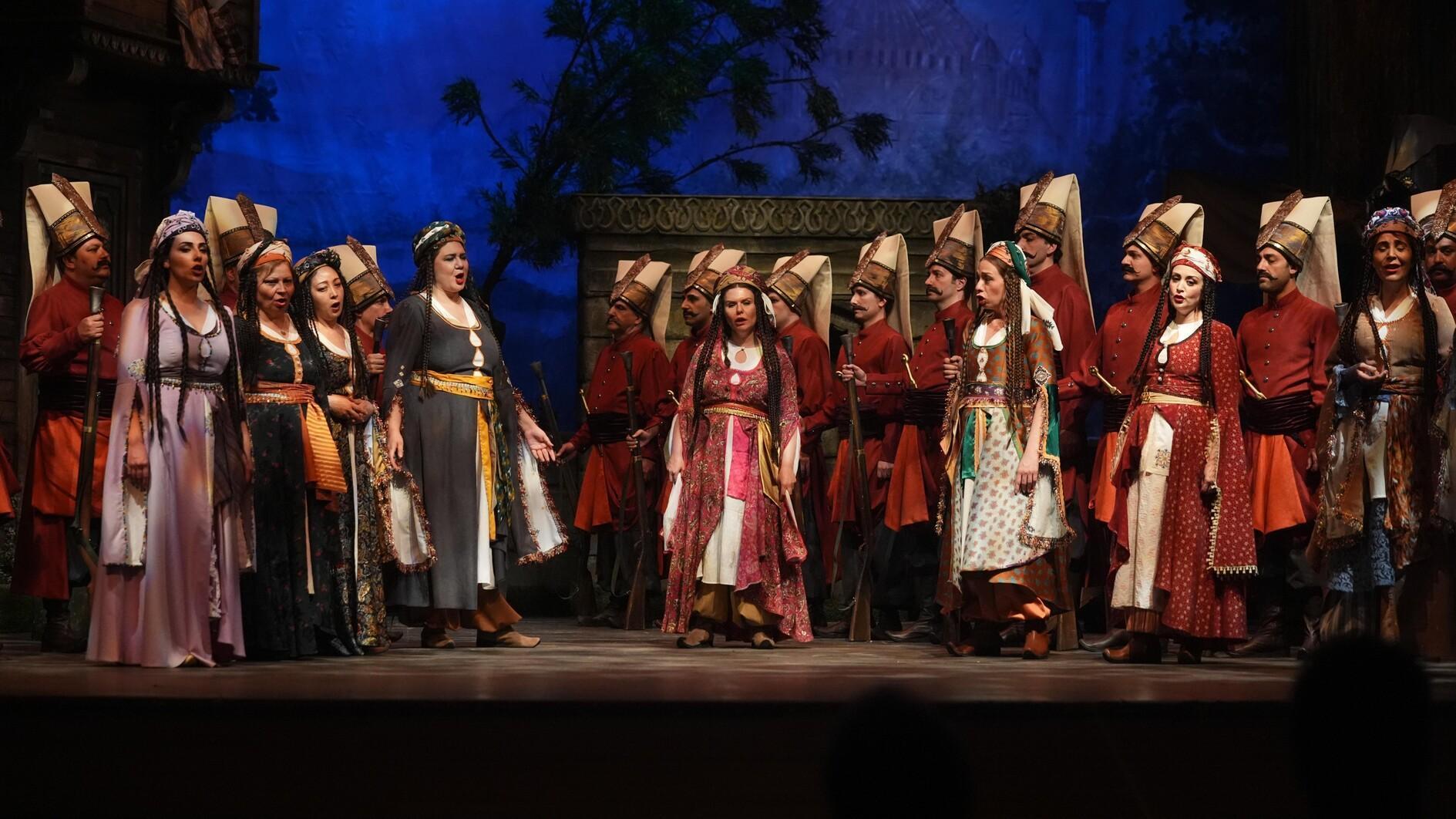'City of prophets' drawing faith tourists
ŞANLIURFA - Anadolu Agency

Şanlıurfa boasts important sites for the Abrahamic religions. The traces of primitive, monotheistic and polytheistic religions can be seen in the city. AA photo
Turkey’s southeastern province of Şanlıurfa, known as the city of prophets, has carved out a significant place for itself in international faith tourism, boasting important sites for the Abrahamic religions.The city is home to many famous religious sites such as Balıklıgöl, where the prophet Abraham was born and thrown into the fire; the cave where the prophet Job suffered his tribulations; and Göbeklitepe, the site of the world’s oldest temple remains.
With a significant potential for faith tourism, the city offers visitors a chance to take a journey into the past.
Professor Cihat Kürkçüoğlu, a Harran University academic and deputy head of the Göbeklitepe excavations, said Şanlıurfa was one of the most excavated cities in Turkey. According to data provided during excavations at Nevali Çori and Göbeklitepe, the city’s history dates back to 12,000 years ago, said Kürkçüoğlu, adding that the traces of primitive, monotheistic and polytheistic religions could be seen in the city.
He said traces of pagans, who worshipped celestial bodies, were also found in excavations in Harran.
“Prophet Abraham, considered as the ancestor of the monotheistic religions, was born in this city. It is believed that the prophet Job was sick and recovered after washing himself with the healing water of this city. It is believed that the prophet Jacob lived in Harran and got married with his uncle’s daughter Rahel here. The prophet Moses is said to have met with the daughter of the prophet Jethro in the city. A cave in the region is visited as the place of the prophet Jethro,” he said.
Kürkçüoğlu said the Hayati Harrani and İmam Bakır tombs in Harran were very important in terms of faith tourism.
The gate where Islam entered Anatolia
Şanlıurfa is known as the “gate where Islam entered Anatolia,” he said. “With the conquest of Şanlıurfa, Islam entered [what is now the] Turkish Republic. Therefore the city is important for Islam; we consider it the fourth faith center after Mecca, Medina and Jerusalem,” he added.
“The city also has significance for Christianity,” said Kürkçüoğlu. “Abgar, the fifth king of Şanlıurfa, wrote a letter to Jesus and invited him to the city. The prophet said he could not make it but he sent a letter, saying he blessed the city. He also sent Abgar a portrait of himself on a handkerchief.”
Kürkçüoğlu said some Christians believed in this story. “The first place that recognized Christianity in that era is Şanlıurfa. People from all around the world rushed to the city to visit the places of some apostles and some Christian saints. This is why Şanlıurfa has importance for Christianity,” he said.
















